politics
Ex-governors in political wilderness after 2019 polls
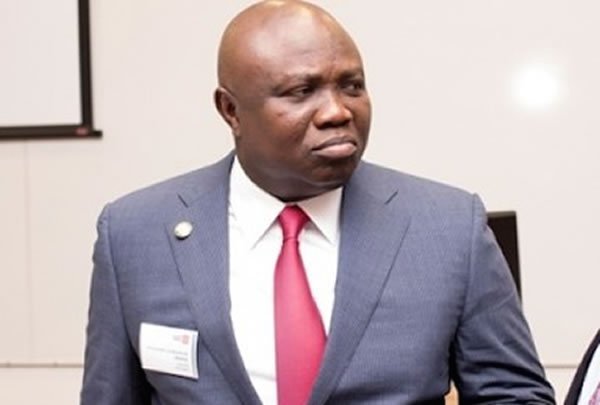

So also is the nomination of candidates for ministerial slots in President Muhammadu Buhari’s cabinet. But it has been different strokes for different folks with respect to the political class. While many are savouring the joy of victory, others are writhing in the agony of defeat. The latter is particularly the case with former governors who either lost their re-election bids or lost their bids to move to the Senate after spending their mandatory two terms. Below are some of the former governors who may have to remain in political wilderness in the next few years because they were also not lucky enough to secure places in the new Buhari cabinet.
Akinwunmi Ambode

His is a classic instance of the instability of human conditions. Until late last year when words filtered out that former Lagos State governor, Akinwunmi Ambode, had stepped on the banana peel, the conclusion of every pundit was that he was good for a second term as governor, based on the physical structures he had built in the state.
But all that changed with the news that some influential members of the ruling All Progressives Congress (APC) in the state were not happy with the manner he handled the matter of refuse disposal and the alleged poor treatment he meted out to them. The reality of the issue, which began like a piece of unfounded rumour, dawned on his admirers when the party conducted its governorship primaries on October 2 last year and the incumbent governor, Babajide Sanwo-Olu, emerged as the party’s flag bearer for the 2019 governorship election.
With the party’s ticket lost and Sanwo-Olu emerging victorious at the governorship poll, the grapevine began to buzz with the rumour that President Muhammadu Buhari was considering Ambode as a replacement for the governor of Central Bank, Godwin Emefiele, whose tenure was drawing to a close. The rumour became stronger when Ambode successfully brought President Buhari to Lagos in April for the commissioning of some of his administration’s projects. But any hope of Ambode becoming the governor of the apex bank vanished like vapour when President Buhari announced the renewal of Emefiele’s tenure as CBN governor on May 2.
With the dream of Ambode becoming the governor of Central Bank also gone, members of his political camp hinged their hope on his appointment into Buhari’s cabinet as Nigerians waited with bated breath for the release of the President’s ministerial list. Admirers of the former governor just could not contemplate the possibility of Ambode not making the list after the initial disappointments, particularly with the ministerial slots increased from the usual 36 to 42. It turned out a huge shock, however, that the list was released without Ambode’s name on it.
Thus the former governor was edged out of a second term, denied the chance to become the governor of the Central Bank and skipped on Buhari’s list of ministers. The question on the lips of his admirers now is where does he go from here?
Abiola Ajimobi

If he had his way, Senator Abiola Ajimobi would by now be wearing the tag of the senator representing Oyo South after two terms as Oyo State governor. That, however, was not to be as Ajimobi who contested the senatorial district’s election on the platform of the All Progressives Congress (APC), was defeated by the candidate of the Peoples Democratic Party (PDP), Dr. Kola Balogun.
It was one of the shocking outcomes of the 2019 general elections that a sitting governor who had spent eight years in office could not muster the needed influence to win election into the same Senate seat he had occupied before he became governor. His undoing, many people believed, was his face-off with the Olubadan of Ibadan, Oba Saliu Adetunji, whose chiefs Ajimobi upgraded to Obas in a move interpreted by many as a deliberate ploy to whittle down the power and influence of the monarch.
The move appeared not to have gone down well with many prominent sons and daughters of Ibadan who saw it as a direct invitation to anarchy in the traditional set up of Africa’s second largest city. The PDP in the state did not only make a political capital of the anger the move provoked in the city to win the governorship election, it also saw the candidate of the opposition party winning the senatorial election at Ajimobi’s expense.
Many admirers of the former governor who had thought that President Muhammadu Buhari would compensate him with a ministerial appointment were disappointed to see that his name was conspicuously missing from the list. But Ajimobi himself has said that reclaiming his senatorial mandate through the courts is more important to him than a ministerial appointment. While his admirers are hoping for a positive outcome of the legal battle, Ajimobi will remain in political wilderness until the deed is done.
Abdulaziz Yari

Former Zamfara State governor, Abdulaziz Yari’s case was that of a beautiful dream on the verge of reality truncated by a gang of brutal misadventures. He had contested election into the Senate during the 2019 National Assembly elections and won by a wide margin, only for the Supreme Court to declare his election and those of other candidates of the All Progressives Congress (APC) in the state void.
In the unprecedented judicial pronouncement, the apex court awarded the governorship, National Assembly and state assembly elections held in the state to the candidates of the Peoples Democratic Party (PDP) because the primaries that produced the candidates of the All Progressives Congress (APC), who actually won the highest number of votes at the polls, were deemed a nullity.
The Supreme Court decision affected Governor Yari who had earlier been declared by the Independent National Electoral Commission (INEC) as the winner of the Zamfara West Senatorial election. Yari had polled 153,626 votes while Lawal Hassan of the PDP scored 69,293 votes. But with the apex court’s ruling, Hassan took over as the senator-elect for Zamfara West Senatorial District.
The development has since truncated Yari’s dream of joining the upper chamber of the National Assembly while he also missed out on President Muhammadu Buhari’s ministerial list.
Muhammed Abubakar

For the immediate past governor of Bauchi State, Alhaji Muhammed Abubakar, the recent governorship election in the state ended in a triple loss. Abubakar did not only lose the first round of the governorship election in the state, he also lost the supplementary election while his bid to secure victory through the courts also ended in a loss.
The governor, who sought re-election on the platform of the All Progressives Congress (APC), had been defeated by the candidate of the Peoples Democratic Party (PDP), Bala Mohammed, who polled 469,512 votes in the March 9 election against his own 465,453 votes.
Abubakar had got a reprieve from the ruling of a federal high court in Abuja which granted his request for suspension of the collation of the remaining results. But that could only delay the reality for a short spell as the court later struck out the governor’s application with the result that in the results that were later announced, the PDP candidate polled 6,376 votes while the governor followed closely with 5,117 votes.
Abubakar had ridden on the back of the Buhari tsunami that swept through the north during the 2015 elections to become the governor of the state, but he was said to have fallen out with many of the state’s stakeholders soon after he assumed office. Many APC stalwarts in the state were also believed to have worked against his re-election because they were aggrieved by the process through which Abubakar emerged as the party’s flag bearer. His failure to pay the pensions and gratuities of retired civil servants in the state was also believed to have contributed to his failure at the poll.
Unfortunately, he was not one of the APC members nominated by President Muhammadu Buhari for ministerial appointment, leaving his supporters to wonder what is next for the former Bauchi governor.
Abdulfatah Ahmed

Before the 2019 elections, the immediate past governor of Kwara State, Alhaji Abdulfatah Ahmed, had his sight set on the Senate seat for Kwara South. Long before the elections, Ahmed’s senatorial election had received the blessings of his political godfather and former Senate President, Dr. Bukola Saraki, but the loss of a supplementary election in Ahmed’s own Ekiti/Oke Ero/Isin/Irepodun federal constituency by the PDP candidate he backed as governor changed the equation.
The defeat, coming at the height of intense political rivalry between the Saraki-led PDP and former Information Minister Lai Muhammed-led APC in the state, naturally moved Saraki to high dudgeon. Enraged by the defeat of Ahmed’s candidate in the supplementary election and fearing that Ahmed himself might not have the clout to win the senatorial election against the rampaging political machinery of the APC in the state, Saraki withdrew the former governor’s senatorial ticket and gave it to a candidate he felt could win the election and save him and PDP further embarrassment.
Although Ahmed said the decision to withdraw his senatorial ticket had nothing to do with the loss of the by-election, its import is that Ahmed, who was already on the verge of completing his second term as governor, could not retire into the Senate as he had planned to. That coupled with the fact that he has a very little chance of being offered a federal appointment means he is in for a long spell in political wilderness.
Jibrila Bindow

Given the manner the All Progressives Congress (APC) swept the polls in Adamawa State in the 2015 general elections, not many people would imagine that the then governor, Jibrila Bindow, would lose his re-election bid in 2019. But by time the 2019 governorship election ended, Bindow was roundly defeated by Umar Fintiri, the candidate of the Peoples Democratic Party (PDP).
His major undoing, analysts believed, was his concentration of efforts on urban renewal while the rural populace accused the governor of abandoning them as their farm produce were regularly destroyed by criminals. This coupled with Fintiri’s popularity and the internal wrangling within the APC in the state spelt doom for Bindow and APC in the state.
Signs of trouble had emerged a few days to the governorship election when 10 political parties who had earlier entered into a pact with Bindow announced the withdrawal of their support for his re-election bid.
The governorship candidates of the 10 political parties under the auspices of New Generation Governorship Forum (NGGF) told reporters in Yola that they were withdrawing their support for Bindow over his failure to work with their advice and ensure good governance in the state.
At the end of the election, which had to go into a rerun, Fintiri got 9,081 votes to raise his 367,471 in the main election to 375,552, while Bindow could only get 1,391 in the rerun to raise his initial 334,995 votes to 336,386.
Ibrahim Dankwambo

After two terms in office as the governor of Gombe State, having won the elections on the ticket of the Peoples Democratic Party (PDP), Ibrahim Dankwambo sought to push his luck further in the 2019 elections for a seat in the Senate to represent Gombe North. His ambition was, however, halted by the candidate of the All Progressives Congress (APC), Saidu Alkali.
The candidate of the Peoples Democratic Party (PDP) lost in four of the local government areas in the senatorial district in the National Assembly elections conducted on February 23, with Alkali scoring 152,546 votes while Dankwambo garnered 88,016.
Dankwambo was first elected Gombe governor in 2011 and won re-election in 2015. He contested in the primary election for the PDP’s presidential ticket in 2018 but finished in the fifth position as Atiku Abubakar, the candidate of the PDP in the last presidential election clinched the ticket.
With his fine run of form halted by Alkali, Dankwambo is guaranteed a place in political wilderness in the next few years.
politics
Update : C’River PDP Deputy Governorship Candidate,Emana Resigns From Party
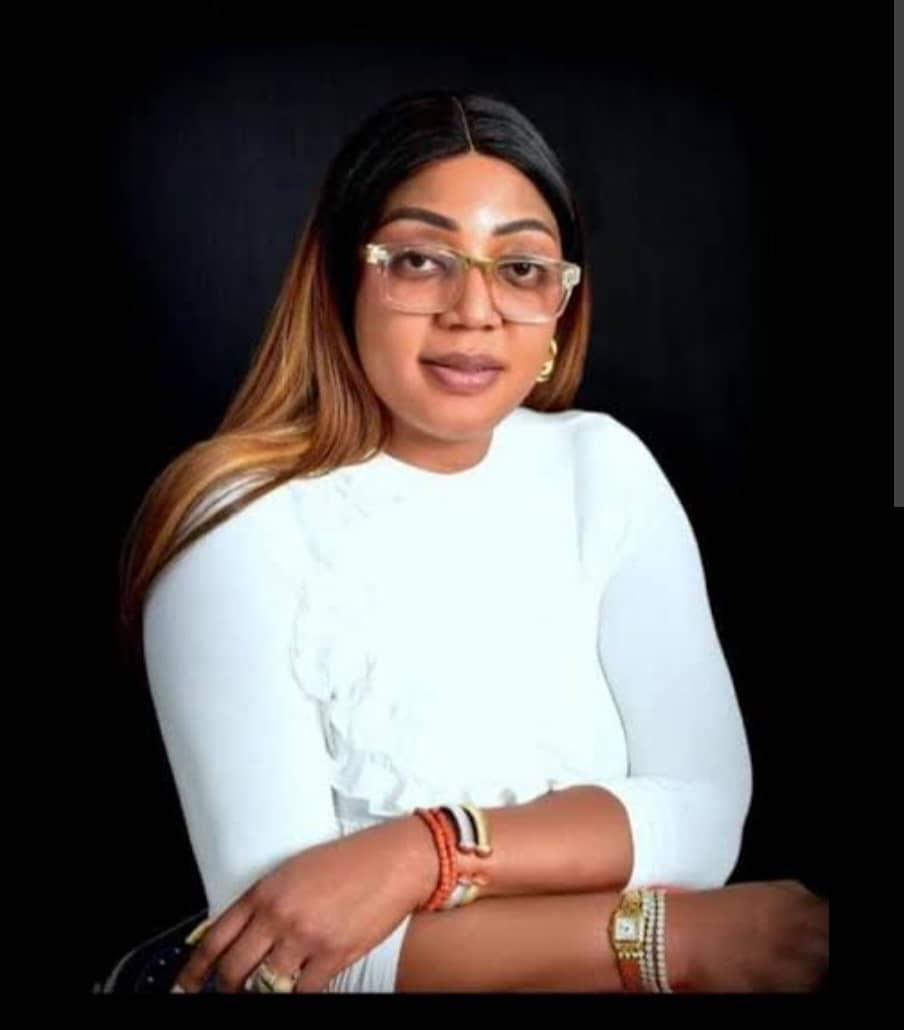
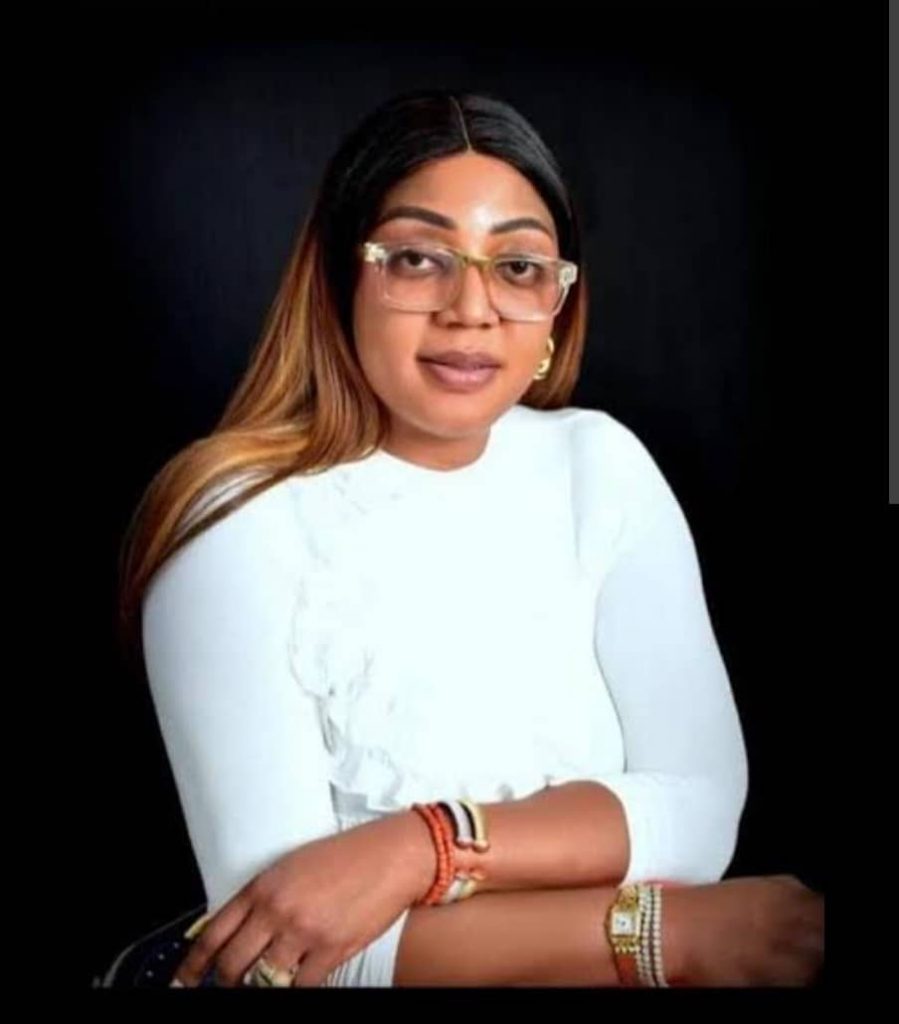 The Peoples Democratic Party (PDP) Deputy Governorship Candidate in 2023 general election, in Cross River State, Dr Emana Duke Ambroose-Amawhe, has resigned her membership from the party.
The Peoples Democratic Party (PDP) Deputy Governorship Candidate in 2023 general election, in Cross River State, Dr Emana Duke Ambroose-Amawhe, has resigned her membership from the party.
In a letter dated
march 28,2025, and addressed to the chairman of Edem Odo Ward, in Akpabuyo local government area of Cross River State, the former Deputy Governorship Candidate,explained that the resignation was with immediate effect.
She said her decision to leave the party was not made lightly, but she remains committed to serving her community and contributing to the progress of Cross River state and nation in other capacities.
In her words, “i am writing to formally resign my membership from the Peoples Democratic Party (PDP) with immediate effect.
” I sincerely appreciate the opportunity given to me over time to contribute my quota to the growth of the party and the chance to serve as the Deputy Governorship Candidate in the last general elections.
” It was a privilege to be part of the PDP’s vision and engage with our people in meaningful ways. However, after much reflection in light of the current state of affairs within the party, I believe it is time for me to move on.
“This decision was not made lightly, but I remain committed to serving my community and contributing to the progress of our state and nation in other capacities.
Continuing ” I appreciate the relationships and experiences gained during my time with the party and wish the PDP success in its future endeavours.
Amawhe, an embodiment of competence, capability and capacity,
was the Deputy Governorship Candidate to Senator Sandy Onor in Cross River State during the 2023 elections.
She was also an aspirant to the House of Representatives for the Bakassi/Akpabuyo/Calabar South Federal Constituency on the platform of the PDP.
politics
Breaking : Sule Lamido blasts El-Rufai over call to join SDP, Says how can a grandson claim his grandfather knows nothing’
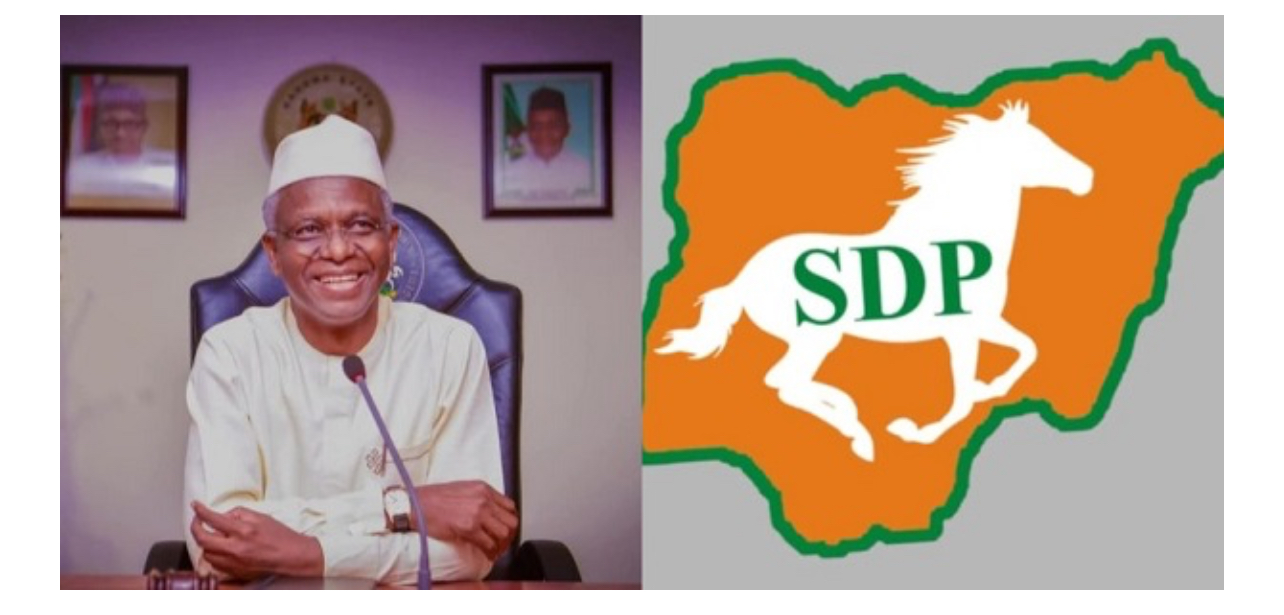
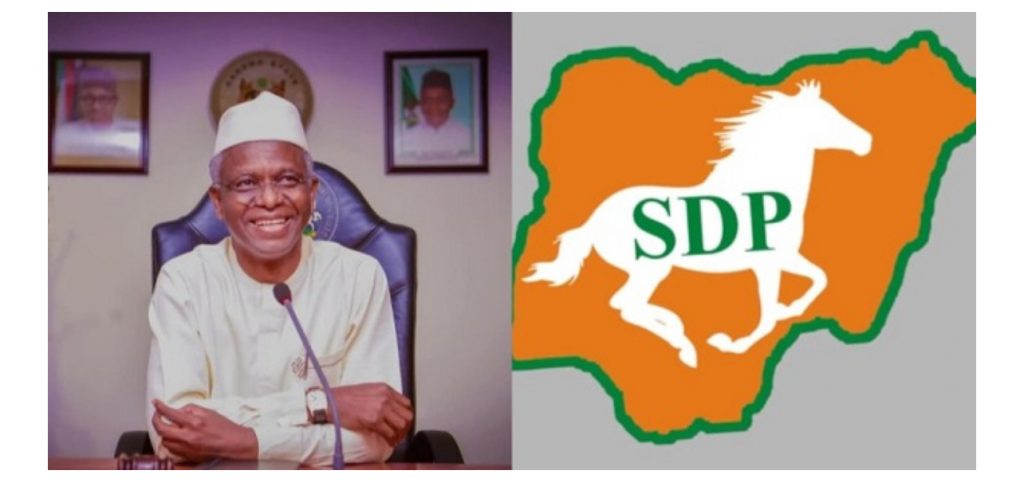 Former Governor of Jigawa State and chieftain of the Peoples Democratic Party (PDP), Alhaji Sule Lamido, has fired back at former Kaduna State Governor, Malam Nasir El-Rufai, over his call for opposition politicians to join the Social Democratic Party (SDP).
Former Governor of Jigawa State and chieftain of the Peoples Democratic Party (PDP), Alhaji Sule Lamido, has fired back at former Kaduna State Governor, Malam Nasir El-Rufai, over his call for opposition politicians to join the Social Democratic Party (SDP).
El-Rufai, who recently announced his defection from the All Progressives Congress (APC) to SDP, urged opposition leaders including Atiku Abubakar, Peter Obi, Rotimi Amaechi, and Rauf Aregbesola to join him in his new political movement.
However, Lamido in an interview with BBC dismissed El-Rufai’s invitation, questioning his political ideology and commitment to national development.
“With all due respect, how does he expect us in PDP to leave and join another party? The PDP that we built is the same party that made him who he is today. How can a grandson claim his grandfather knows nothing?” Lamido said.
He recalled that El-Rufai once declared there were no political elders in Nigeria, insisting that he and his allies were the true power brokers.
“But now he claims he advised Buhari. If he truly had the power he once boasted of, why did he have to seek Buhari’s counsel?” Lamido asked.
The former governor stressed that, despite PDP’s internal challenges, it remained his political home.
“If PDP is struggling today, it is still the party that nurtured El-Rufai. If he claims PDP is dead, then he must remember that it is the party that gave him his political foundation. Whatever he has achieved today, PDP made it possible.”
“If I didn’t join APC in 2014 when I was invited, and they left PDP out of anger, why are they now leaving APC? What has APC done to them?” he asked.
He maintained that governance should not be driven by emotions or personal grudges.
“Leadership is about patience, foresight, and working for the peace of the people and the nation. If you allow emotions to dictate your decisions, you will never lead objectively.”
He stressed that if the goal is to unseat President Bola Tinubu, it should not be based on personal grievances but on national interest.
“We should not fight Tinubu just because we are angry at him or seeking revenge. Leadership should be about prioritizing the country’s well-being rather than personal emotions.”
Lamido concluded by urging politicians to focus on strengthening the country rather than making decisions based on resentment.
politics
Breaking : Rivers State House of Assembly Gives Governor Fubara, 48 hours to present 2025 Budget
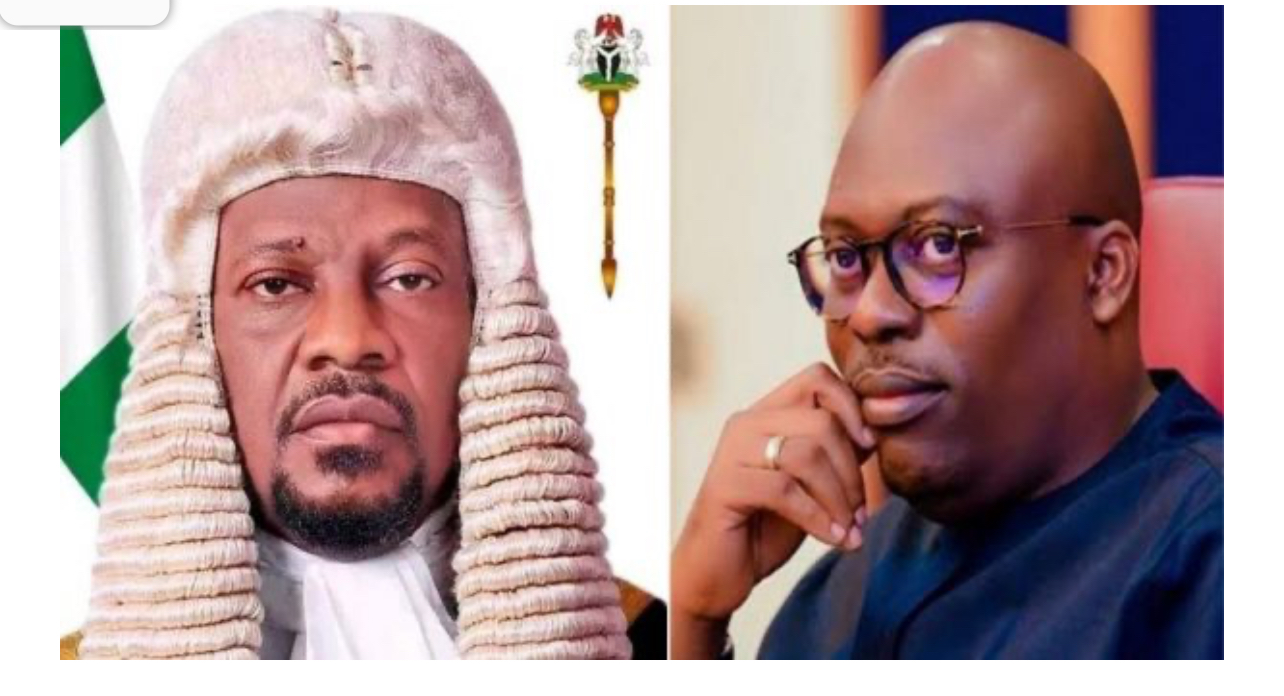
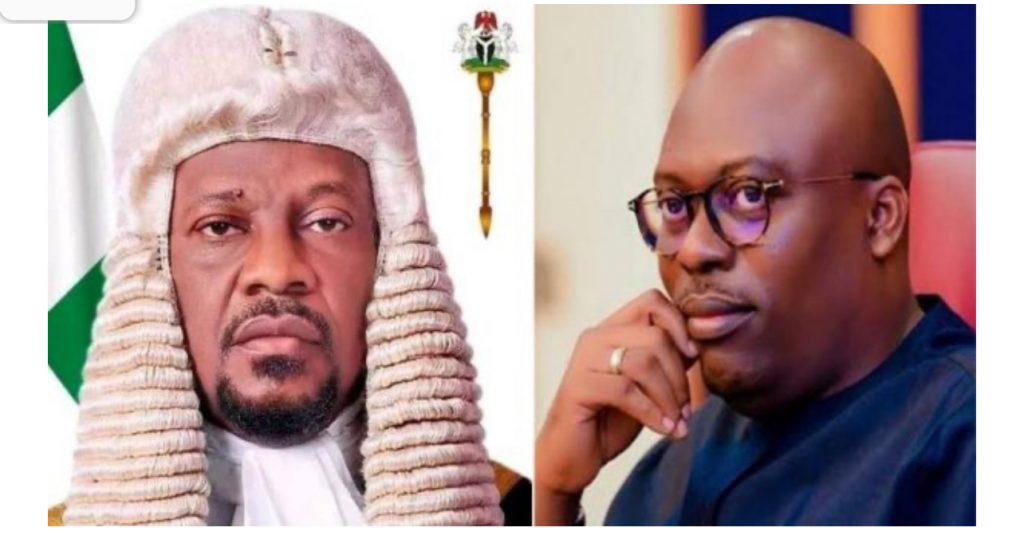 ….I’ll obey Supreme Court judgment, says Fubara
….I’ll obey Supreme Court judgment, says Fubara
Forty-eight hours after the Supreme Court handed down two judgments that threaten the soul of the Siminalayi Fubara Rivers State government, the governor yesterday announced his intention to fully obey the orders.
In a twist, described by observers of the Rivers State politics as unexpected, Fubara told Rivers residents that he expected to get the Certified True Copy (CTC) of the judgment by Friday to enable him to take the necessary action.
He ordered the 23 local government chairmen, whose election was voided by the judgment, to quit today after handing over to heads of personnel.
The apex court on Friday gave two judgments – one by Justice Akomaye Agim, which recognises the Martins Amaewhule-led 26 members of the state House of Assembly, and the second by Justice Jamilu Tukur, which declared as invalid the election conducted on October 5, 2024, that led to the emergence of 23 chairmen and 319 councillors.
The apex court further invalidated the state budget and ordered the Central Bank and the Accountant-General of the Federation to stop releasing funds to the state government pending when Fubara would re-present the budget to the authentic House of Assembly led by Speaker Amaewhule.
In a broadcast yesterday, Governor Fubara said: “I have had a meeting with my team of lawyers and they have assured me that the certified true copy of the judgments may be available to them by Friday 7th March 2025.
“I assure you that upon the receipt of certified judgments, we shall study their ramifications and implement them without reservations to move the state forward.
“Furthermore, given the outlawing of caretaker arrangements in the local government system, I hereby direct the heads of personnel management to immediately take over the administration of the 23 local government councils pending the conduct of fresh elections by the Rivers State Independent Electoral Commission.
“I further direct the outgoing local government chairmen to formally hand over the levers of power to the heads of personnel management by Monday, 3rd March 2025.”
Fubara said since its inception, his administration conducted the affairs of government within the framework of the constitution, due process and the rule of law.
The governor noted with regret the trying times the state had been plunged but urged everyone to remain calm and peacefully go about their legitimate daily activities and be sure that his administration would continue to do everything in meeting their aspirations.
Fubara said: “We are all aware of the recent Supreme Court judgments and pronouncements regarding aspects of the lingering political disputes in our dear state.
“Although we disagree with the judgments, we are bound to obey the orders made therein as a law-abiding government.
“Since inception, we have conducted the affairs of government within the framework of our Constitution, due process and the rule of law.
“While we are not above mistakes because we are humans, we believe that we have not, as a government, done anything deliberately to trample on the rule of law or the hallowed principles of constitutional governance.”
Fubara, Amaewhule should work together, say elders
The Rivers State Elders Council (RSEC) called on Fubara and Speaker Amaewhule, to prioritise the interest of the state and work together in line with the Supreme Court judgment.
Referring to Fubara and the lawmakers as one political family, the elders in a statement signed by its Chairman, Chief Ferdinand Alabraba, said there was no more case standing between the both parties.
The elders congratulated the people of Rivers State on what they described as the well-rounded pronouncements of the Supreme Court oon the political crises.
The statement said: “The Elders Council further commends the people of the state for their resilience, patience and peaceful disposition throughout the period of the crises in the state while awaiting the final verdict of the apex court of the land on all the matters.
“Now that the Supreme Court has spoken unequivocally on all the matters, we believe strongly that nothing now stands in the way of His Excellency, Sir Siminalayi Fubara, Governor of Rivers State and Rt Hon Martin Amaewhule, Speaker of the Rivers State House of Assembly, working together in the best interest of the state and her people.
“We are, therefore, calling on the Governor of Rivers State and the Speaker of the Rivers State House of Assembly, who both emerged from the same political family in the state, to put Rivers State above all other considerations, personal or otherwise, and ensure urgently that all necessary steps are taken in conformity with their constitutional responsibilities.
“We give God Almighty all the glory for granting Rivers State this unique opening for peace to return to our dear state.”
-

 news4 years ago
news4 years agoUPDATE: #ENDSARS: CCTV footage of Lekki shootings intact – Says Sanwo – Olu
-
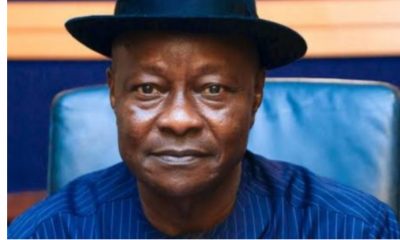
 news6 days ago
news6 days agoUpdate : Fubara ordered bombing of Rivers Assembly, I am not under duress I resigned, Says ex-Rivers HoS Nwaeke
-

 news1 year ago
news1 year agoEnvironmental Pollutions : OGONI COMMUNITY CRIES OUT, THREATENS TO SHUT DOWN FIRSTBANK,SHELL OIL COMPANY OPERATIONS FOR NOT PAYING COURT AWARD
-
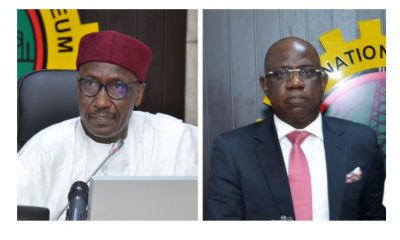
 news2 days ago
news2 days agoBreaking : TInubu appoints Bashir Ojulari as new CEO group of NNPC and GMD mele kyari get sacked, Says Onanuga
-
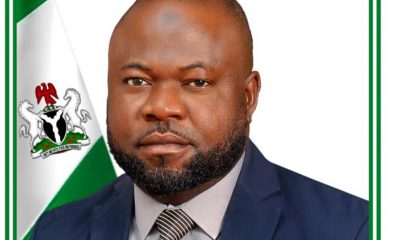
 interview3 days ago
interview3 days agoNIGERIA MECHANIZED AGRO EXTENSION SERVICE PROJECT, A STRATEGIC MOVE TO ALLEVIATE POVERTY – DR. AMINU ABDULKADIR
-
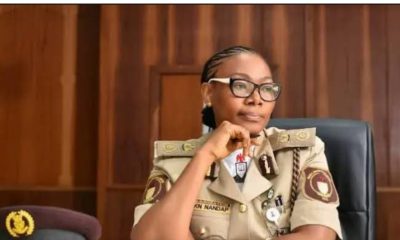
 news4 days ago
news4 days agoTinubu commended Nandap for her leadership, extends Comptroller-General tenure till 2026, says Onanuga
-

 brand7 days ago
brand7 days agoGTCO Plc Releases 2024 Full Year Audited Results …Pays Shareholders Record Dividend of N8.03k for 2024 Financial Year
-
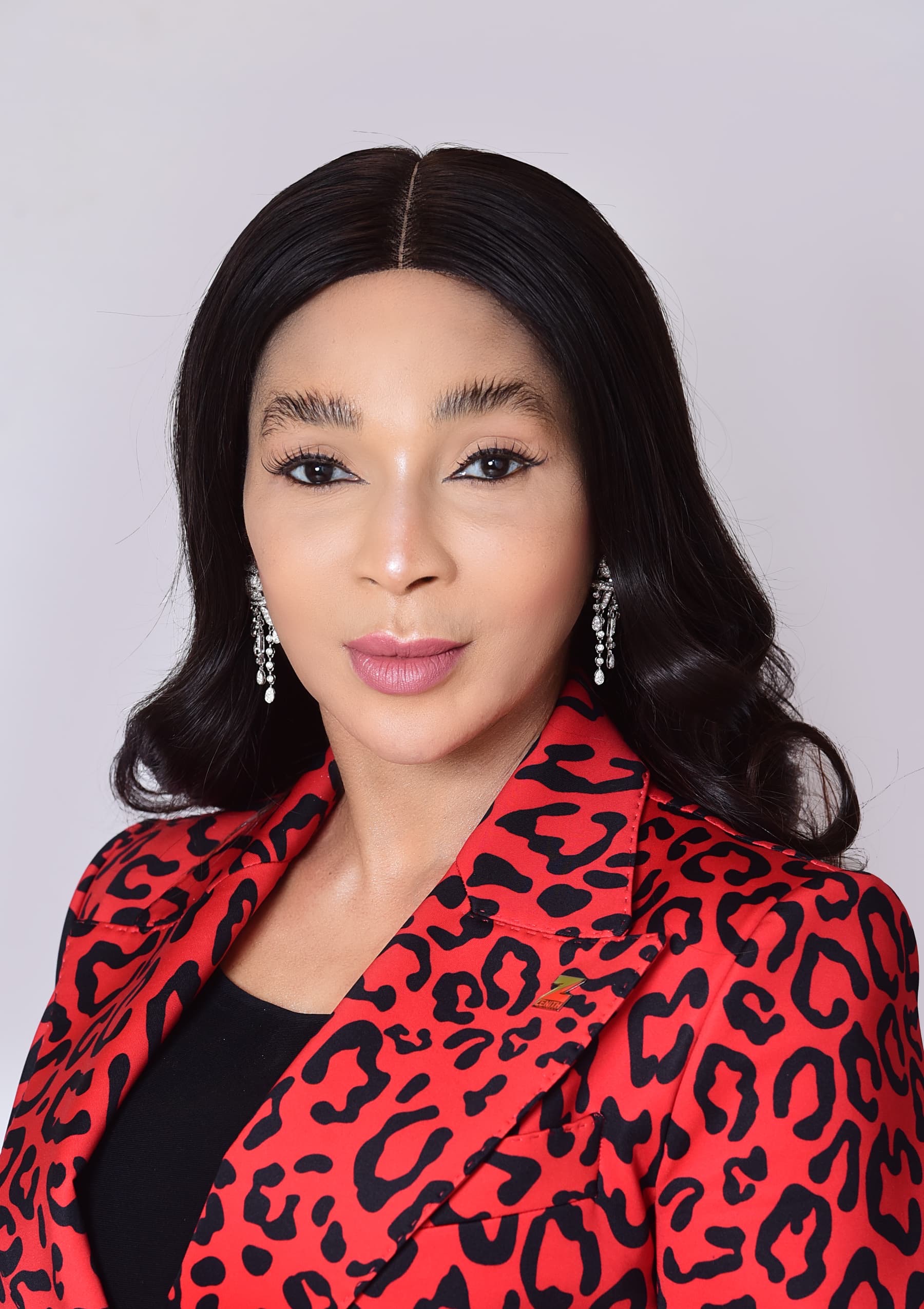
 brand1 week ago
brand1 week agoZENITHz BANK MAINTAINS SUPERLATIVE PERFORMANCE WITH PBT OF N1.3 TRILLION IN FULL YEAR 2024


